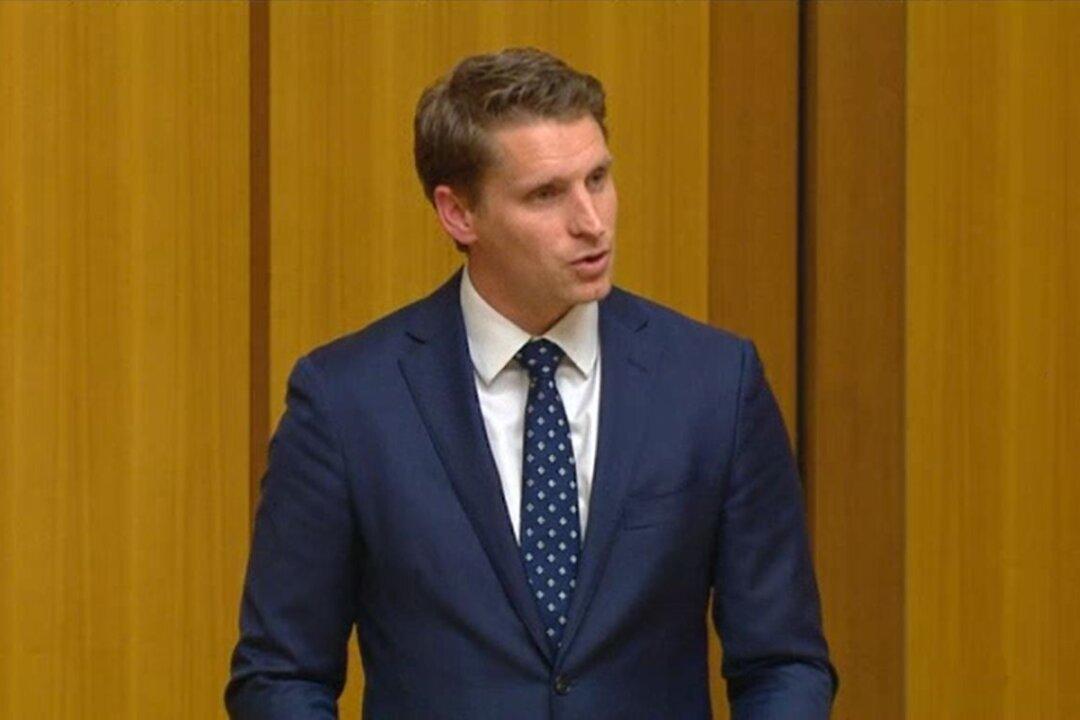West Australian Liberal MP Andrew Hastie has confirmed that he cannot support the national energy guarantee (NEG) in its current form saying that the proposed changes, which include legislating Paris emissions reduction targets into Australian law, would undermine Australia’s “economic sovereignty.”
In an interview with Sky News on Aug. 16, Hastie stressed that his opposition to the policy was a matter of principle, rejecting suggestions that it was aimed at calling into question Prime Minister Malcolm Turnbull’s leadership, as had been reported in local media.





